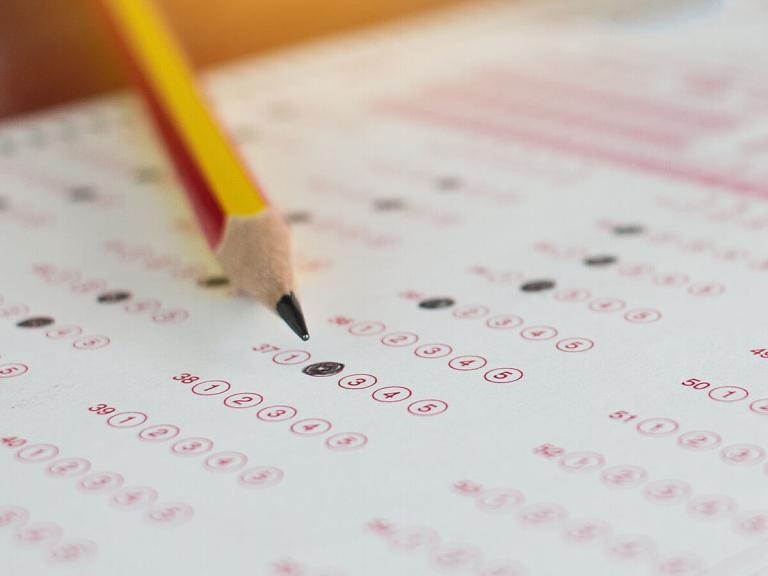
An Oregon parents group is speaking out after Oregon schools opted to prolong a delay on required mastery in reading, writing, and math. The Oregon State Board unanimously voted to continue a pause on requiring 11th-grade students to show proficiency by taking standardized tests prior to entering 12th grade. Previously, students who failed in certain areas were required to make up those deficits in 12th grade before graduating. Former Governor Kate Brown signed a bill freezing the requirements in 2021 due to the pandemic. The current vote means that there will still be standardized testing, but showing proficiency on those tests will not be a requirement for graduation. Students will also not be required to make up for skills that were not proficient in the 12th grade. Oregon Department of Education spokesman Marc Siegel emphasized the state’s commitment to standardized testing, telling Fox News Digital, “Let’s be clear: we haven’t eliminated assessments for Oregon students. What’s changed is the insistence on a specific test score for graduation. Our students still need to meet essential skill requirements as indicated in their coursework, CTE pathway options, and more.” However, Oregon lawmakers have mandated that families be informed of their students’ ability to opt out of state tests. Last year, one-third of high school juniors did not take the tests.
The parents’ rights group, Oregon Moms Union, saw things differently. “It’s not surprising that they’ve continued to push off the implementation of new graduation requirements,” the group’s president, MacKensey Pulliam, stated. She said she believed it is partially to hide how far Oregon students have fallen behind national standards. “I think that proficiency rates here in Oregon are dismal, and they’re not getting better. And so, part of me wonders is, you know, are they removing these standards so that it looks like students are actually doing better?” The pause has been continued through the 2027/28 school year. “They’re pushing it off for five more years. So really, they’ve kind of essentially made an Oregon high school diploma a participation trophy because they’re not requiring students to be able to prove that they can read and do math at an 11th-grade level in order to graduate,” said Pulliam.
The state board, however, has pushed back against standardized testing, saying that too much reliance on it has disproportionately affected students of color and students with disabilities. The Oregon Department of Education conducted a study on the tests’ impacts on marginalized students. “The report brought to light several impacts on students, primarily students of color, students with IEPs, and students who are English learners, who, because of the requirement, were being excluded from learning opportunities at the high school level because they were working on trying to pass a test,” said Dan Farley, director of assessment at the Oregon Department of Education. The delay is due in part to the board not making any recommendations for proposed changes to the requirements.
Standardized testing has been a source of public debate for some time. More than 80% of US colleges and universities in the US do not require students to take standardized tests, with that number doubling since spring 2020. More than 1,900 colleges are not mandating students turn in ACT or SAT scores for admissions for the 2023 school year. Many who oppose standardized testing as an admission requirement cited its inequitable impact on minority students. Pulliam, however, sees it as a lowering of standards. “But I think that most parents feel that instead of lowering the standards, we need to be doing more to catch our kids up on learning loss from the pandemic and get them to the level they need to be at in order to reach those standards to graduate, instead of just getting rid of the standards and allowing them to graduate when they’re completely unprepared,” she said.


